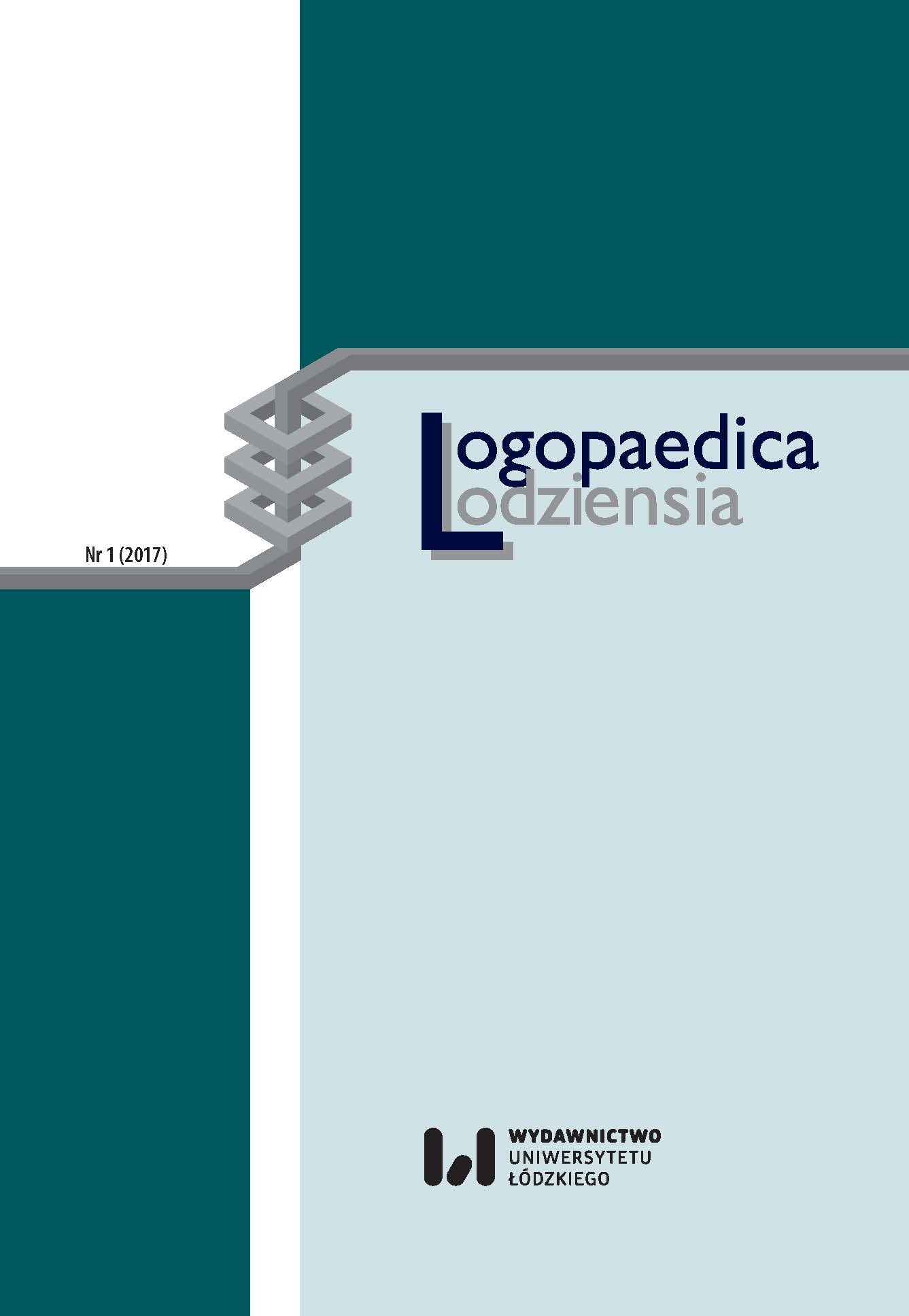Logos i paideia
Logos and paideia
Author(s): Bogusław MaryniakSubject(s): Language and Literature Studies, Library and Information Science, Education and training
Published by: Wydawnictwo Uniwersytetu Łódzkiego
Keywords: classical philosophy; logos; paideia; language; education; Bildung; postmodern condition; filozofia klasyczna; logos; paideia; język; edukacja; Bildung; kondycja ponowoczesna
Summary/Abstract: The aim of this paper is to reconsider the meaning of two title concepts of essential importance for the development of the European thought. The author makes an attempt to reconstruct the origin of Greek reflection referring to Paideia written by Werner Jaeger, German classicist and philosopher from the first half of the twentieth century. Starting with the mythical sources of education, connected with the Minoan tradition reinterpreted by Zbigniew Herbert, the author goes on to present the mnemonic sense of the epic Catalogue of Ships from the second book of Iliad by Homer and subsequently discusses cathartic educational tradition and its reference to Pythagoreanism and Heraclitism. He subsequently discusses the stage of education constituted by the Athenian sophists connected with the utilitarianism of Protagoras and its development and transgression achieved by Socratic elenchus and maieutic. Platonian proposal of turning paideia into the integrity of the Greek polis culture was presented as the culmination of the idea of the Hellenic education. It had to prepare the soul of the disciple for the acceptance of the uttermost pattern of arete. For Plato it was the affection for ideas, notably noble virtue of aspiration to triple unity (trinity) of the Truth, Beauty, and Goodness. Wilhelm von Humboldt renewed classical paideia and established the idea of Bildung to join education with inner self‑development and not only personal but also cultural maturation. The importance of connection between paideia and Bildung was also underlined by two quoted writers: Karl Jaspers (German co‑founder of existentialism) and W.H. Auden (English‑American poet). In conclusion, the author poses a question whether postmodern contesting of classical and enlightenment ideals of education (paideia and Bildung) has any purpose and whether the quest for the principle of the universe based on the universal logos can be still considered reasonable. He also wonders whether traditional search for the Truth, Beauty, and Goodness can actually compete with narrowly understood, effective technological practice. In his humble opinion this question must be left without any conclusive answer.Celem artykułu jest ponowne rozważenie znaczenia dwóch tytułowych pojęć, które w zasadniczy sposób wpłynęły na rozwój myśli europejskiej. Nawiązując do pracy Paideia Wernera Jaegera, niemieckiego filologa i filozofa z pierwszej połowy dwudziestego wieku, autor dokonuje próby rekonstrukcji genezy greckiego myślenia. Zaczynając od mitycznych źródeł edukacji, związanych z tradycją minojską, reinterpretowaną przez Zbigniewa Herberta, autor przechodzi do mnemotechnicznego znaczenia słynnej listy okrętów zawartej w drugiej księdze Iliady Homera. Następnie zostaje omówiona katarktyczna tradycja edukacyjna związana z pitagoreizmem i heraklityzmem. Kolejny omówiony etap stanowi ateńska sofistyka związana z utylitaryzmem Protagorasa oraz jej rozwinięcie i przekroczenie, jakie stanowiła sokratejska elenktyka i majeutyka. Jako zwieńczenie klasycznego ideału edukacji został przedstawiony platoński projekt wpisania paidei w całość kultury greckiego polis, co miało przygotować duszę ucznia na przyjęcie najwyższej formy areté, jaką była dla Platona miłość do idei, a w szczególności szlachetne dążenie do trójjedni, czyli prawdy, dobra i piękna. Odnowę antycznej paidei stanowiło Humboldtowskie Bildung, łączące edukację z wewnętrznym samorozwojem oraz dojrzewaniem osobistym i kulturowym. Znaczenie związku między paideią a Bildung podkreślają także przytoczeni przez autora tekstu: niemiecki współtwórca egzystencjalizmu Karl Jaspers i angielski poeta Wystan Hugh Auden. Na zakończenie autor zadaje pytanie, czy wobec postmodernistycznego zakwestionowania antyczne i oświeceniowe cele edukacji (paideia i Bildung) oraz poszukiwania zasady świata w oparciu o uniwersalny logos są jeszcze sensowne. Ponadto wyraża wątpliwość, czy tradycyjne poszukiwanie prawdy, dobra i piękna jest obecnie w stanie konkurować z wąsko rozumianą, skuteczną praktyką techniczną. Autor tekstu uważa, że pytania te należy pozostawić otwarte.
Journal: Logopaedica Lodziensia
- Issue Year: 2017
- Issue No: 1
- Page Range: 63-77
- Page Count: 15
- Language: Polish

